About us
The research of the Colorectal Cancer Predisposition Group, led by Dr. Laura Valle, is focused on the identification of the genetic causes of colorectal cancer predisposition, and the characterization of early-onset colorectal cancer and new hereditary colorectal cancer and polyposis syndromes.
The expertise of the group includes molecular biology and genetic-based methodologies and analyses, including the analysis of whole-genomes, -exomes, transcriptomes and methylomes; cell culture; organoid establishment from human normal intestinal samples; gene editing; functional studies for the characterization of genes and variants; analysis of tumor mutational signatures; and variant classification.
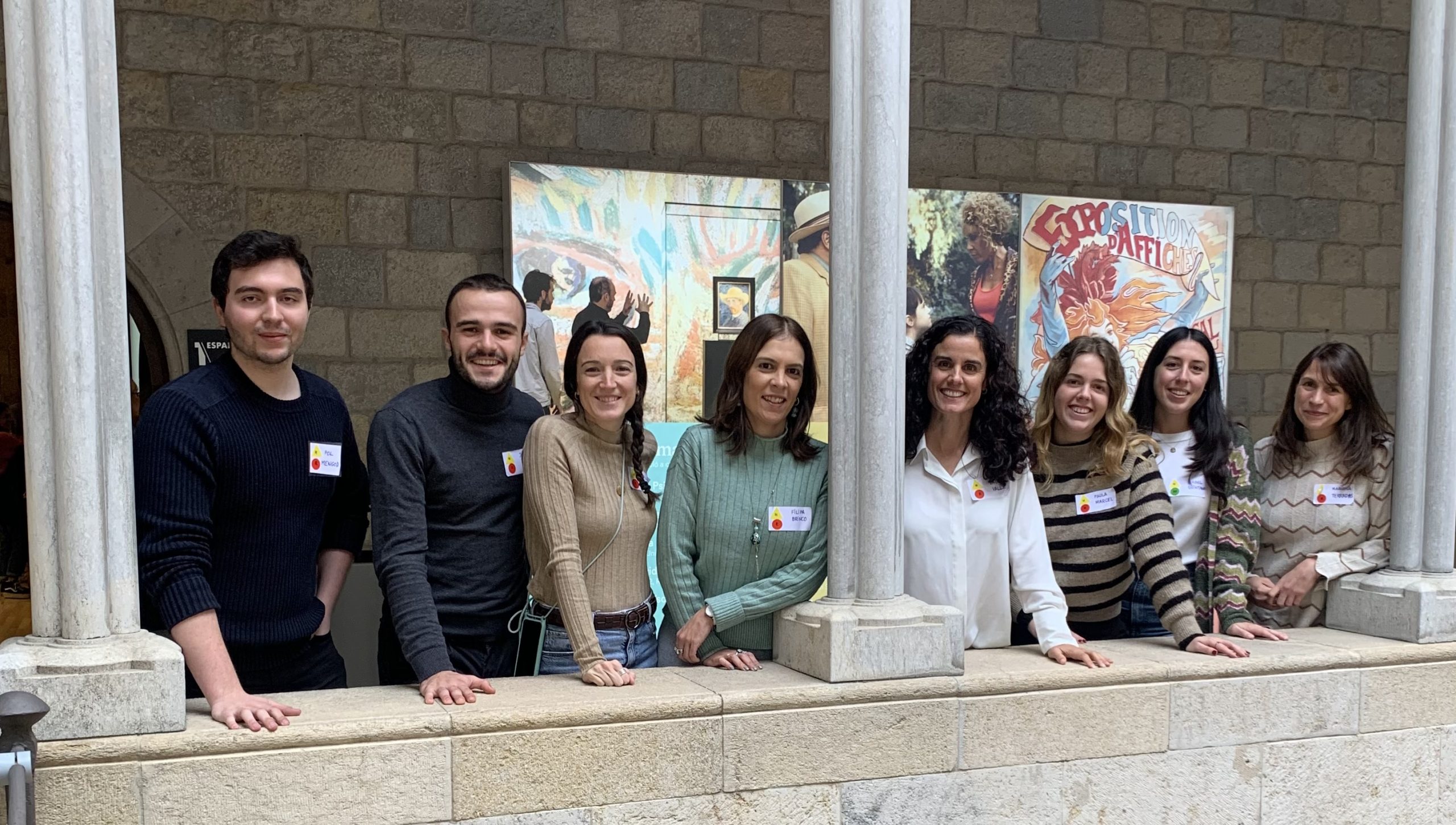
About the disease
Colorectal cancer is one of the most prevalent tumors in industrialized countries with an estimated annual worldwide incidence of over 1,200,000 cases. Moreover, early-onset colorectal cancer, i.e., that diagnosed before age 50, is on the rise, and accounts for 10-12% of all new colorectal cancer (CRC) diagnoses.
Early-onset cancer, together with familial aggregation of cancer and diagnosis of multiple primary tumors, is one of the hallmarks of inherited cancer predisposition. The identification of a hereditary cancer syndrome, i.e., of a germline pathogenic variant in a hereditary cancer gene,has significant implications for the carriers and their families, as it helps risk assessment, directs clinical management, and guides preventive and therapeutic options.
Group members
Principal investigators
Laura Valle
Principal Investigator
Laura Valle
Principal Investigator

Laura Valle has dedicated her scientific career to the identification of genetic causes of cancer predisposition and better characterization of new hereditary colorectal cancer syndromes; being her most relevant contributions: i) the identification of new potential hereditary colorectal cancer genes; ii) the molecular and clinical characterization of polyposis and colorectal cancer syndromes, which has had highly relevant impact in the translation into genetic diagnosis and counselling.
She obtained bachelor’s degrees in biology (2000) and Biochemistry (2001) (awards to most outstanding student) at the University of Navarra (Spain). She carried out her PhD thesis about hereditary colorectal cancer at the Spanish Cancer Research Center (CNIO) (2006, Extraordinary Doctorate Award). In order to continue her work on genetic susceptibility to cancer, she did a postdoctoral stay (2006-2008) at the Ohio State University Comprehensive Cancer Center (supervisor: Albert de la Chapelle). In 2009, she joined the Hereditary Cancer Group at IDIBELL as Principal Investigator.
In 2012, Laura Valle obtained the National Award to the most outstanding young researcher in Human Genetics, in 2013, a l’Oréal-UNESCO “for women in science” research award, in 2015, an award on cooperative research in oncology (RTICC), and in 2020, the CIBERONC Best Female Researcher award. She is an elected Board member of the European Society of Human Genetics and, until recently, member of the executive board of the Spanish Society of Human Genetics (AEGH: 2017-2021).
Postdoctoral researchers
Mariona Terradas
Senior Postdoctoral Researcher
Filipa Ponte
Postdoctoral researcher
Mariona Terradas
Senior Postdoctoral Researcher

Mariona Terradas is a senior postdoctoral researcher transitioning to independent principal investigator. She currently holds an AECC Investigator contract funded by the Scientific Foundation “Asociación Española Contra el Cáncer. Under the supervision of Laura Valle, her research is focused on: i) the identification of new hereditary colorectal cancer genes through the analysis of genome and exome sequencing data, methylomes and transcriptomes; ii) the establishment and CRISPR/Cas9 editing of human normal intestinal organoids that are being used for multiple projects of the group.
In addition to her research work at IDIBELL, Dr. Terradas teaches Cellular Biology and Clinical Genetics at the Autonomous University of Barcelona (UAB).
Filipa Ponte
Postdoctoral researcher

Filipa Ponte holds a PhD in Biomedicine from the University of Porto (Portugal), focused on the study of the genetic basis of Fanconi anemia. Her postdoctoral work has been primarily focused on osteoporosis and aging (Center for Osteoporosis and Metabolic Bone Disease, College of Medicine, University of Arkansas for Medical Sciences (UAMS)) and cancer. She joined the Colorectal Cancer Predisposition Group in 2022 to work on the functional characterization of a new polyposis predisposition gene and on the immune characterization of POLE and POLD1 mutated tumors.
PhD students
Julen Viana
PhD student
Julen Viana
PhD student

Julen Viana joined the Colorectal Cancer Predisposition group in 2021 to work on the experimental part of his Master’s project. In 2022, he obtained a competitive fellowship to develop his PhD thesis work in the group. He is currently working on an in vitro model to functionally assess POLE and POLD1 genetic variants. He is developing large expertise in variant modeling in cell lines using CRISPR/Cas9 editing, variant classification, and genomic analyses focused on the identification of tumor mutational signatures.
Other members
Gemma Aiza
Laboratory Technician
Gemma Aiza
Laboratory Technician

Gemma Aiza is a laboratory technician with broad experience in molecular and histology techniques. She joined the Colorectal Cancer Predisposition Group in 2015.
Postdoctoral researchers
Noemi Gonzalez Abuin
Postdoctoral Researcher
Pilar Mur
Postdoctoral researcher

Laura Valle has dedicated her scientific career to the identification of genetic causes of cancer predisposition and better characterization of new hereditary colorectal cancer syndromes; being her most relevant contributions: i) the identification of new potential hereditary colorectal cancer genes; ii) the molecular and clinical characterization of polyposis and colorectal cancer syndromes, which has had highly relevant impact in the translation into genetic diagnosis and counselling.
She obtained bachelor’s degrees in biology (2000) and Biochemistry (2001) (awards to most outstanding student) at the University of Navarra (Spain). She carried out her PhD thesis about hereditary colorectal cancer at the Spanish Cancer Research Center (CNIO) (2006, Extraordinary Doctorate Award). In order to continue her work on genetic susceptibility to cancer, she did a postdoctoral stay (2006-2008) at the Ohio State University Comprehensive Cancer Center (supervisor: Albert de la Chapelle). In 2009, she joined the Hereditary Cancer Group at IDIBELL as Principal Investigator.
In 2012, Laura Valle obtained the National Award to the most outstanding young researcher in Human Genetics, in 2013, a l’Oréal-UNESCO “for women in science” research award, in 2015, an award on cooperative research in oncology (RTICC), and in 2020, the CIBERONC Best Female Researcher award. She is an elected Board member of the European Society of Human Genetics and, until recently, member of the executive board of the Spanish Society of Human Genetics (AEGH: 2017-2021).

Mariona Terradas is a senior postdoctoral researcher transitioning to independent principal investigator. She currently holds an AECC Investigator contract funded by the Scientific Foundation “Asociación Española Contra el Cáncer. Under the supervision of Laura Valle, her research is focused on: i) the identification of new hereditary colorectal cancer genes through the analysis of genome and exome sequencing data, methylomes and transcriptomes; ii) the establishment and CRISPR/Cas9 editing of human normal intestinal organoids that are being used for multiple projects of the group.
In addition to her research work at IDIBELL, Dr. Terradas teaches Cellular Biology and Clinical Genetics at the Autonomous University of Barcelona (UAB).


Filipa Ponte holds a PhD in Biomedicine from the University of Porto (Portugal), focused on the study of the genetic basis of Fanconi anemia. Her postdoctoral work has been primarily focused on osteoporosis and aging (Center for Osteoporosis and Metabolic Bone Disease, College of Medicine, University of Arkansas for Medical Sciences (UAMS)) and cancer. She joined the Colorectal Cancer Predisposition Group in 2022 to work on the functional characterization of a new polyposis predisposition gene and on the immune characterization of POLE and POLD1 mutated tumors.

Julen Viana joined the Colorectal Cancer Predisposition group in 2021 to work on the experimental part of his Master’s project. In 2022, he obtained a competitive fellowship to develop his PhD thesis work in the group. He is currently working on an in vitro model to functionally assess POLE and POLD1 genetic variants. He is developing large expertise in variant modeling in cell lines using CRISPR/Cas9 editing, variant classification, and genomic analyses focused on the identification of tumor mutational signatures.

Gemma Aiza is a laboratory technician with broad experience in molecular and histology techniques. She joined the Colorectal Cancer Predisposition Group in 2015.





Publications
Scientific publications. See https://www.ncbi.nlm.nih.gov/myncbi/laura.valle.2/bibliography/public/
Books
Hereditary colorectal cancer: Genetic basis and clinical implications
https://link.springer.com/book/10.1007/978-3-319-74259-5Hereditary and familial colorectal cancer
https://www.cambridgescholars.com/product/978-1-5275-8734-2/Farreras Rozman Medicina Interna. 19 Edición. Capítulo: Genes, herencia y cáncer
https://tienda.elsevier.es/farreras-rozman-medicina-interna-9788491135456.htmlVivir con poliposis adenomatosa familiar
https://www.aegastro.es/p/alto-riesgo-ccr/Projects
ProofREAD4MED: Polymerase proofreading-deficient tumors: genetics and immune biology insights for improved predictive medicine
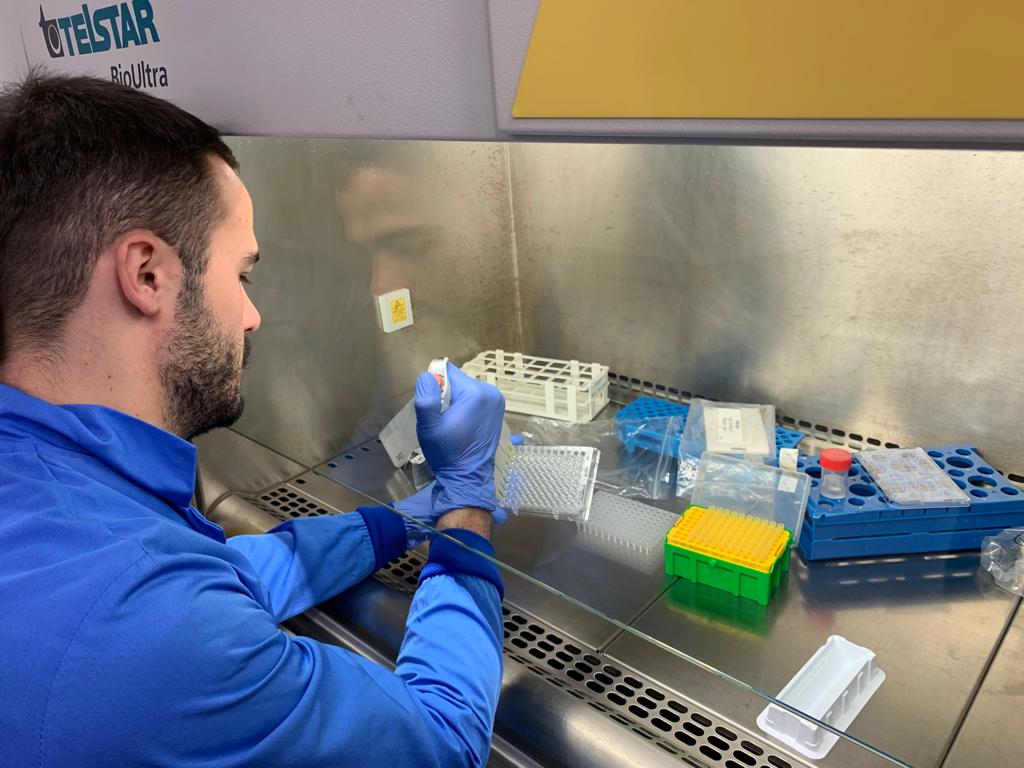
01/09/2021 — 31/08/2025
Comprehensive research in colorectal cancer and polyposis predisposition: searching for genetic and epigenetic causes of the disease
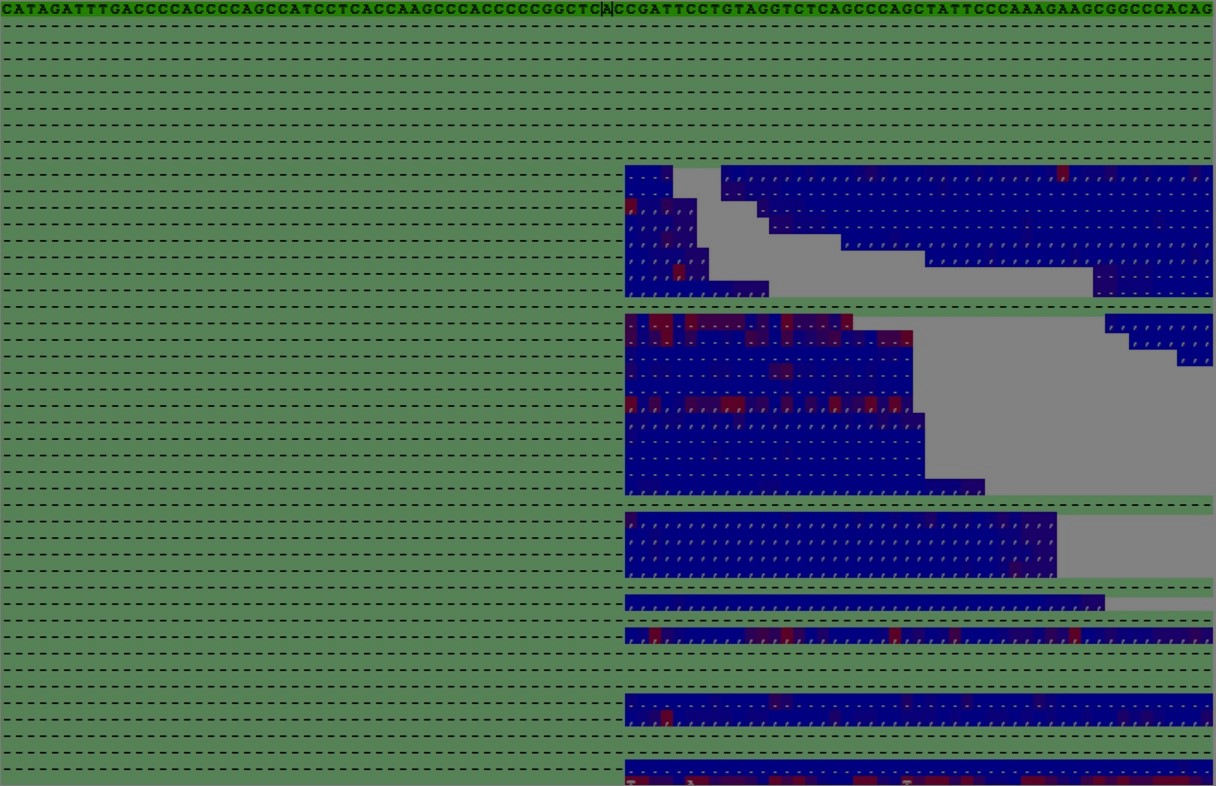
01/01/2012 — 01/05/2026
CRISPR/Cas9-edited organoids for the functional evaluation of gene variants in colorectal cancer
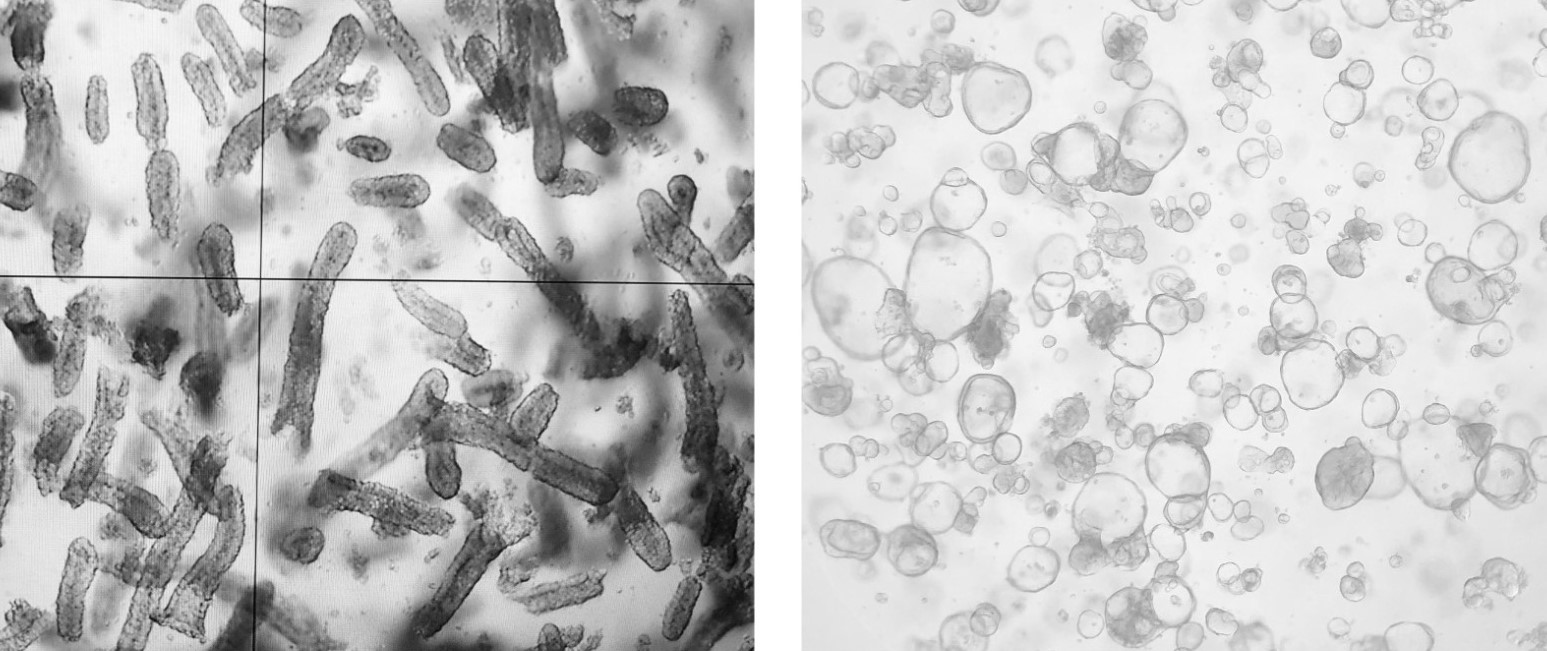
01/01/2021 — 31/12/2026
IMPaCT-VUScan: Development and implementation of a functional genomics platform for undiagnosed hereditary cancer

01/01/2023 — 31/12/2025
IMPaCT-VUScan is an initiative that aims to identify variants of unknown significance (VUS) in suspected hereditary cancers. The IMPaCT-Genómica initiative has already developed a basic platform and workflows to evaluate unsolved cases with suspected genetic diseases, including hereditary cancer cases. However, it is expected that multiple VUS will be identified in most, if not all,… Read more »
Hereditary Cancer Research Group – AGAUR
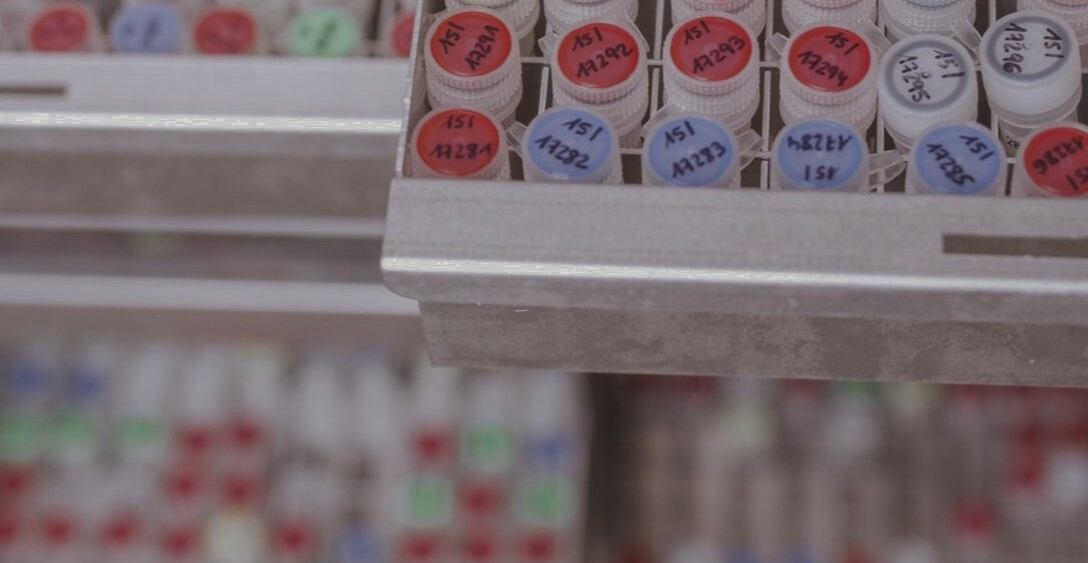
07/03/2023 — 15/03/2045
We are a multidisciplinary-multicentric research group (ICO-IDIBELL-IDIBGI-Vall Hebron-VHIO) that have worked for more than 20 years offering genetic counseling, molecular diagnosis and hereditary cancer research accomplishment. Our main goal is to know more precisely the basis of hereditary cancer in order to be able to personalize the estimation of the risk of patients and relatives… Read more »
Hereditary forms and development of biomarkers in gastrointestinal cancer

01/01/2016 — 31/12/2024
The aim is to advance insights into the dynamic evolution of gastrointestinal tumors and to preliminary evaluate its putative clinical impact
Non-conventional mechanisms of gene inactivation in hereditary colorectal cancer

01/09/2017 — 31/08/2021
MicroRNAs in sporadic and familial colorectal cancer
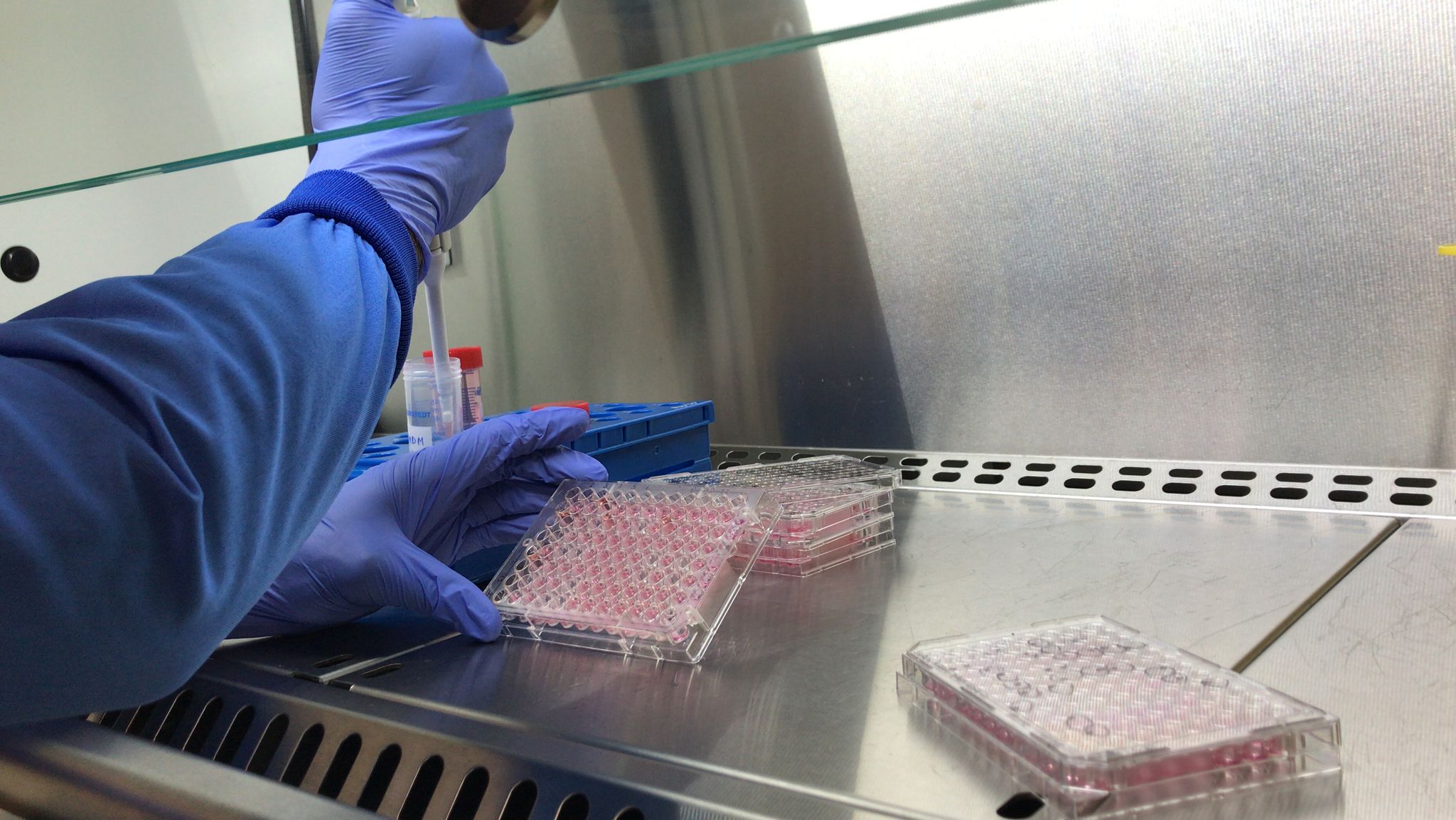
01/01/2010 — 31/12/2012
SOLVE-RD: Solving the unsolved rare diseases
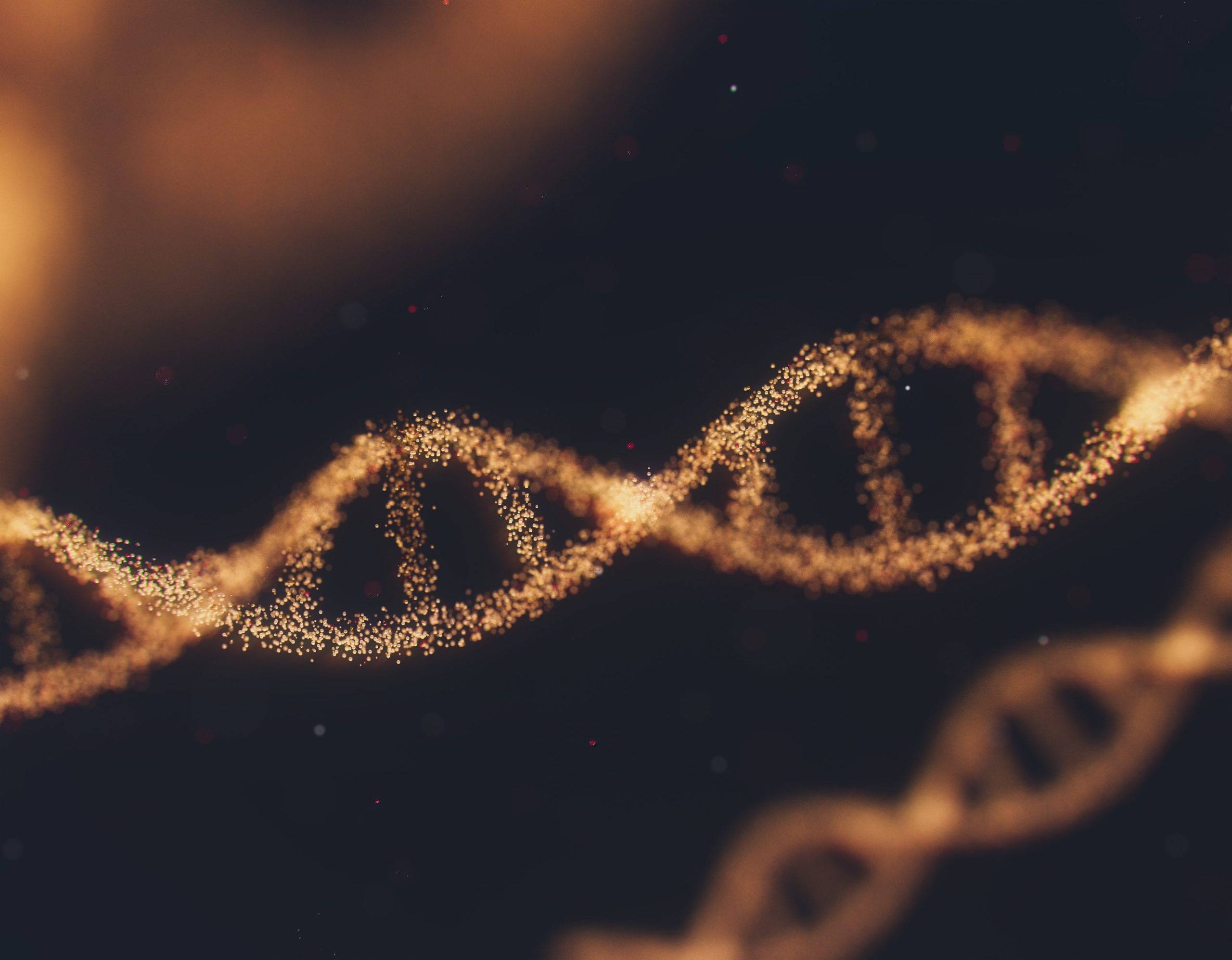
30/06/2018 — 30/06/2023
“Solve-RD – solving the unsolved rare diseases” is a research project funded by the European Commission for five years (2018-2023), aimed to identify the genetic causes of rare diseases for which a molecular cause is not known yet and to improve diagnostics of rare disease patients through contribution to, participation in and implementation of a… Read more »
MedPerCan: Personalised Medicine in Cancer – Catalonia: A pilot study on the impact of genomic testing in the decision-making process in Oncology
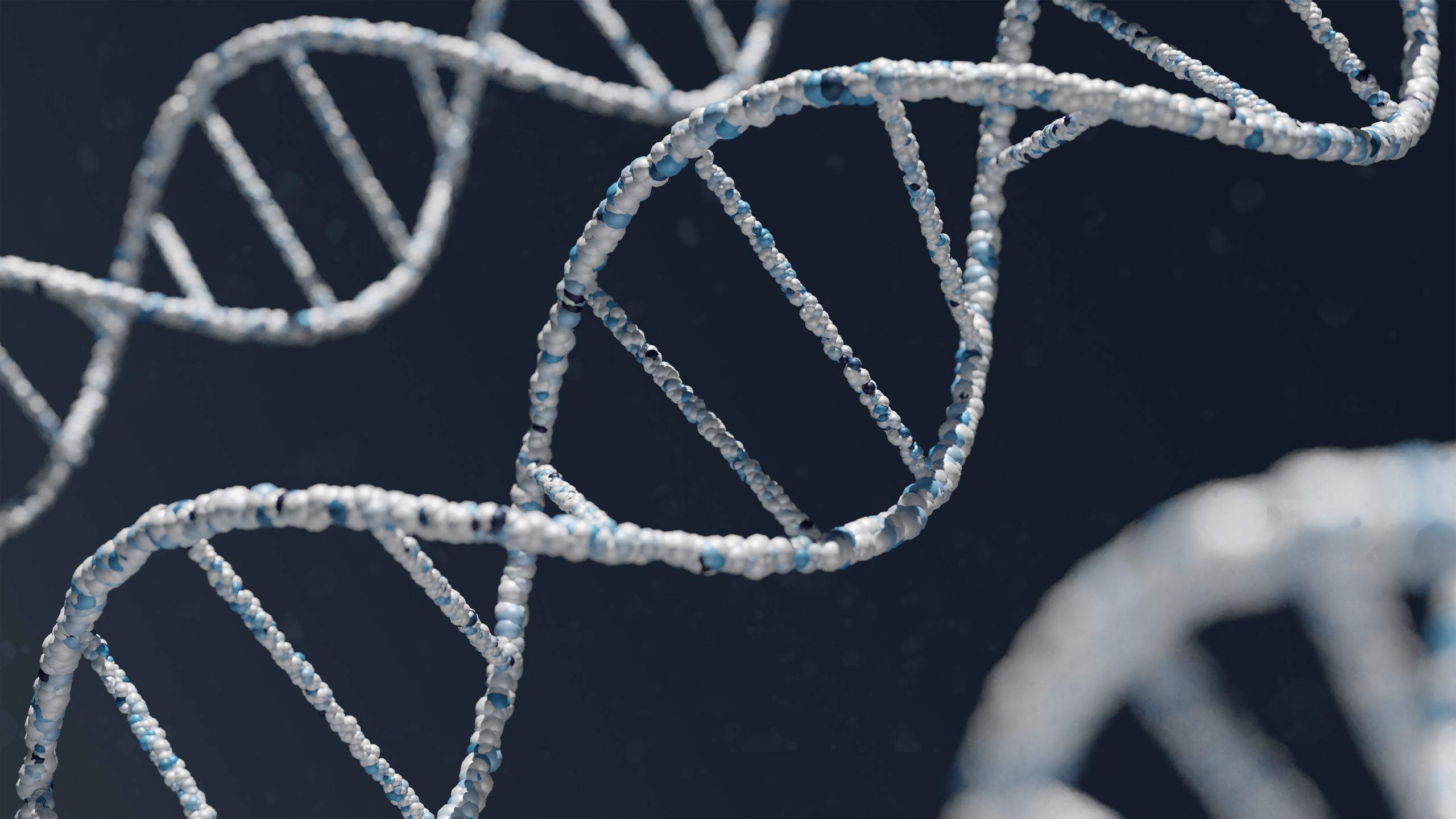
30/06/2016 — 30/06/2020
MedPerCan proposes the development of a model of genomic precision medicine in oncology in Catalonia from pilot projects that will determine the value of the genomic analysis in various stages of the oncologic disease (determining risk of hereditary cancer, treatment response and first-choice treatment in advanced stages).
IMPaCT Genómica: Implementation of Precision Medicine in the Spanish National Health System.
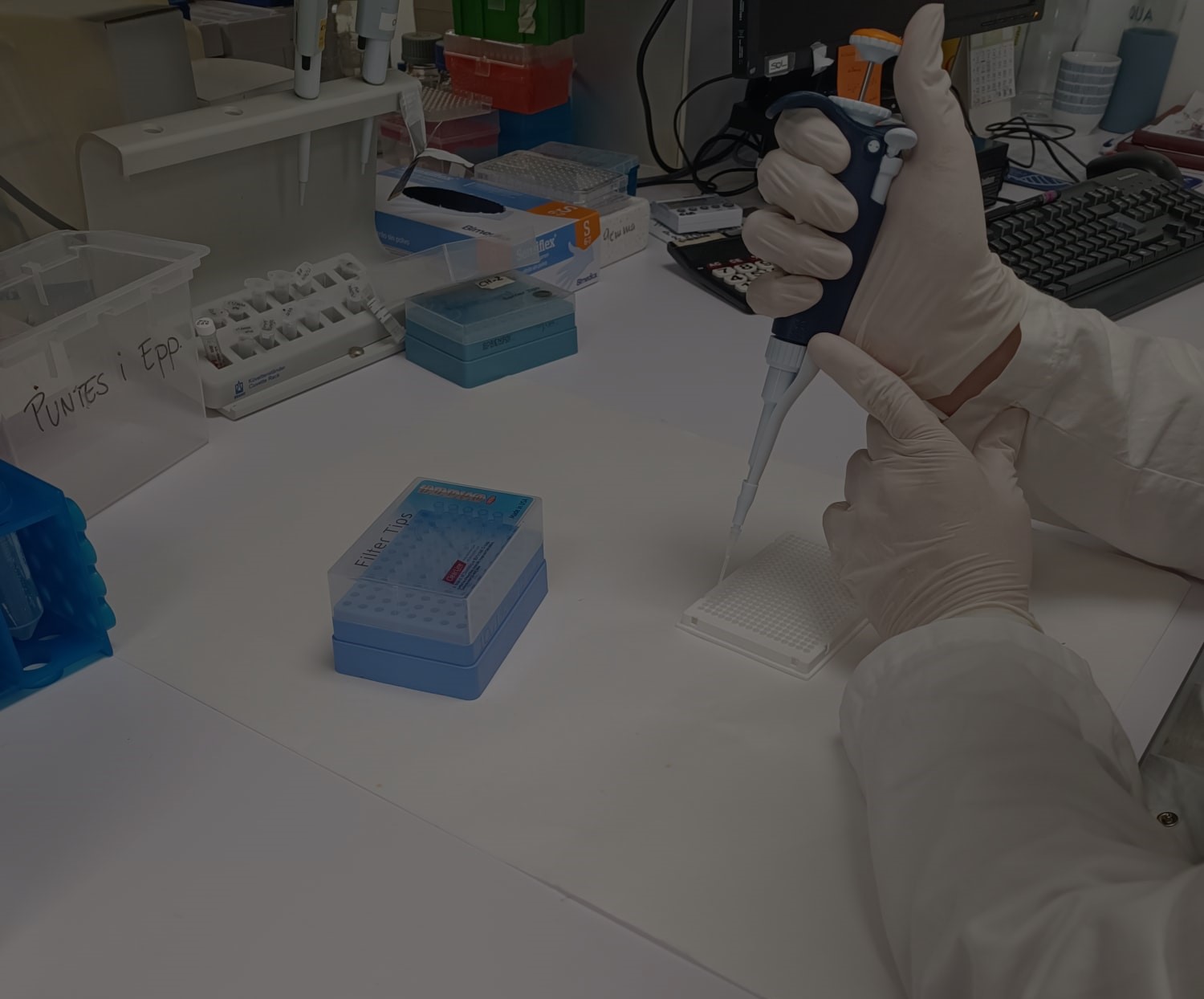
01/05/2020 — 31/12/2023
The Cancer Working Package (WP4) of the IMPaCT Genómica program aims to improve the diagnosis, prevention, and treatment of suspected hereditary cancers and cancers of unknown origin that have not been resolved with the current tools of the healthcare system. The WP4 team, led by Dr. Gabriel Capellà (IDIBELL) collaborates with over 80 healthcare professionals… Read more »
INGENIO: Integrative genomic, digital imaging and clinical information towards precision oncology optimization

Phd thesis
List of PhD thesis supervised by Laura Valle
-
Identification and characterization of genes involved in the predisposition to colorectal cancer and polyposis.
PhD candidate: Isabel Quintana University of Barcelona 2022 -
Genetic predisposition to familial colorectal cancer: Evaluation of recently described genes and assessment of a new candidate.
PhD candidate: Sami Belhadj University of Barcelona 2019 -
Molecular characterization and search for genetic causes in the hereditary non-polyposis colorectal cancer.
PhD candidate: Fernando Bellido University of Barcelona 2015 -
Study of telomeric length and identification of novel genes in hereditary nonpolyposis colorectal cancer.
PhD candidate: Nuria Seguí; Supervisor University of Barcelona 2014
Media
News
13
Videos
7
Funding

AECC

European Comission

Generalitat de Catalunya

Fundación Olga Torres

Agencia Estatal de Comunicación
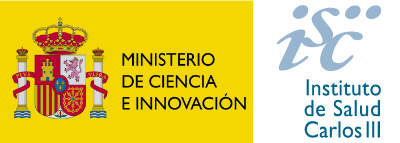
Ministerio de Ciencia e Innovación. Instituto de Salud Carlos III
Contact
If you have any doubts or concerns about this research team, contact us by filling this form
